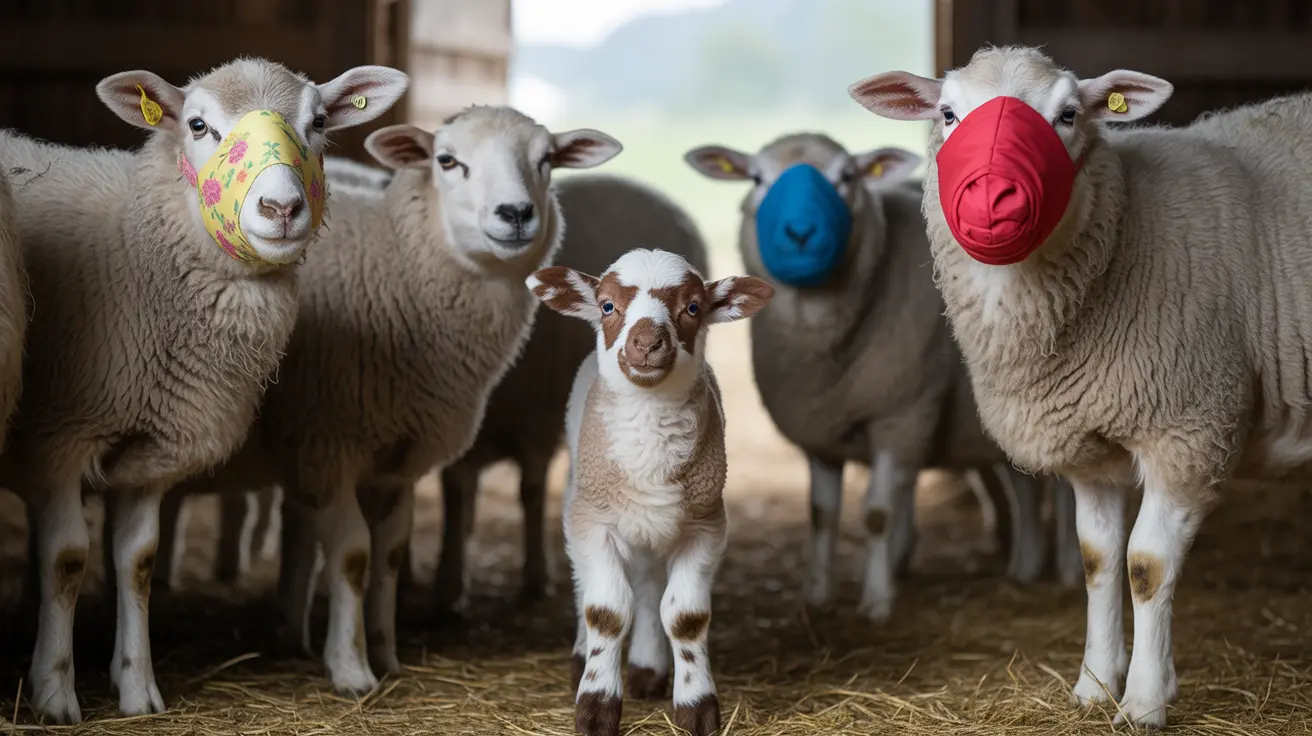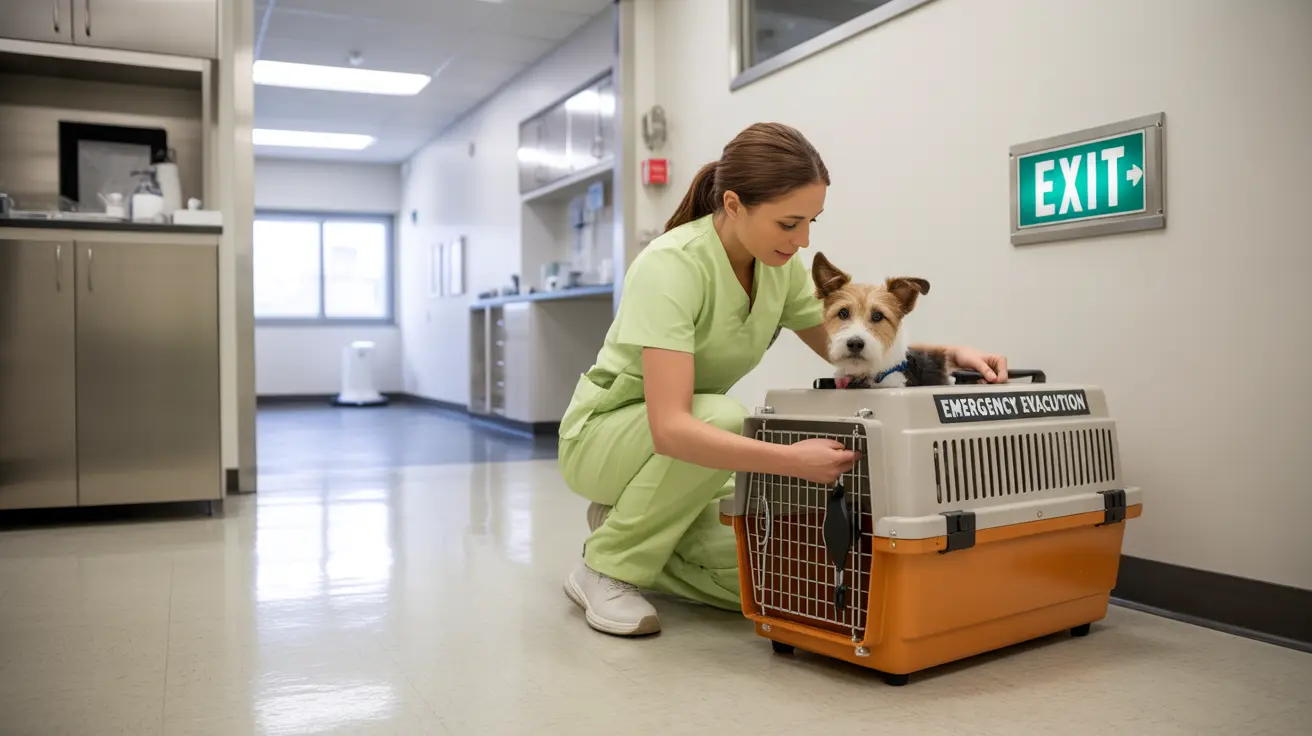Do Dogs Say Goodbye Before They Pass Away?
Dogs are deeply perceptive animals, capable of forming strong emotional bonds with their owners and other pets. Many pet owners who have faced the loss of a beloved canine companion wonder whether dogs have an awareness of their impending death — and if they attempt to say goodbye. While there is no definitive scientific evidence proving that dogs consciously say farewell, both anecdotal accounts and behavioral studies suggest that dogs may display certain behaviors that seem like goodbyes in their final moments.
Understanding Canine Behavior at End of Life
As dogs approach the end of their lives, they often experience physical decline, pain, or changes in cognition. These changes can lead to noticeable shifts in how they interact with their environment and family. Some behaviors that may appear as a form of 'goodbye' include:
- Increased affection: Some dogs may seek more physical closeness, cuddling with their owners or staying near them more often than usual.
- Withdrawal: Conversely, some dogs might isolate themselves, hiding in quiet corners or separate rooms.
- Changes in appetite or activity: Loss of enthusiasm for food or favorite activities often signals a decline.
- Unusual calmness: A normally energetic dog may suddenly become serene or lethargic.
- Seeking familiar people: Some pets may appear to wait for their favorite person to arrive before they pass on.
Do Dogs Know They Are Dying?
While dogs may not have a human-like understanding of death, research and anecdotal evidence suggest they are aware of their own physical discomfort or weakening state. Dogs have acute instincts and can pick up on changes in their own bodies. They may also sense emotional cues from their owners, especially if the household atmosphere becomes somber or distressed.
Veterinarians and animal behaviorists often observe certain behaviors in dogs that point to an awareness of change. These can include restlessness, uncharacteristic vocalizations, or even moments of clear-eyed bonding right before passing away. These actions are sometimes interpreted as the dog’s way of recognizing the end and spending some final moments with loved ones.
Anecdotal Accounts from Pet Owners
Many dog owners recount powerful final experiences with their pets. Stories of dogs mustering the strength to walk over for one last cuddle, resting their head on a familiar lap, or even waiting for all family members to be present before passing are incredibly common. These interactions, while not scientifically assessed, offer comfort and support the belief that dogs might possess an innate way of saying goodbye.
A few widely shared real-life examples include:
- Dogs that woke up from a deep sedative sleep just long enough to look at their owner or wag their tail briefly.
- Senior dogs who hadn’t moved in days suddenly walking to the door when their best friend arrived.
- Pets who licked their owner’s hand one final time before passing peacefully.
The Role of the Human-Animal Bond
The emotional connection between dogs and humans plays a major role in interpreting these farewell-like behaviors. Owners become attuned to their pet’s individual habits and personality, which makes even subtle changes in behavior noticeable. Whether or not dogs consciously say goodbye, the strength of the bond often makes their final moments poignant and emotionally intense for their humans.
Providing Comfort in a Dog's Final Moments
If your dog is approaching the end of its life, there are ways you can provide comfort and help ease their transition:
- Be present: Physical closeness, gentle petting, and soothing words often comfort a dying dog.
- Minimize pain: Work with a vet to manage discomfort through medication or palliative care.
- Create a quiet space: A comforting environment helps reduce confusion or distress.
- Honor routines: Familiar smells, sounds, and habits can be grounding and comforting.
- Accept emotional moments: Dogs often mirror our emotions, so staying calm and loving helps them feel safe.
Veterinary Perspective on Canine Farewells
Many veterinarians believe pets react to cues more than concepts like death. However, that doesn’t negate that dogs might understand on a physiological level that something is ending. Vets who perform euthanasia frequently observe moments of clarity or connection between owners and pets — indicators dogs may have a form of inner peace or recognition in their final moments.
Conclusion
While dogs may not articulate goodbyes deliberately, many show signs of connection and altered behavior close to death. Whether it’s lingering eye contact, a final tail wag, or a moment of snuggling, these actions can feel like the pet’s chosen farewell. While science may not fully explain it, these moments carry deep emotional truth for those they leave behind — hints that our dogs truly do say goodbye in their own special way.





